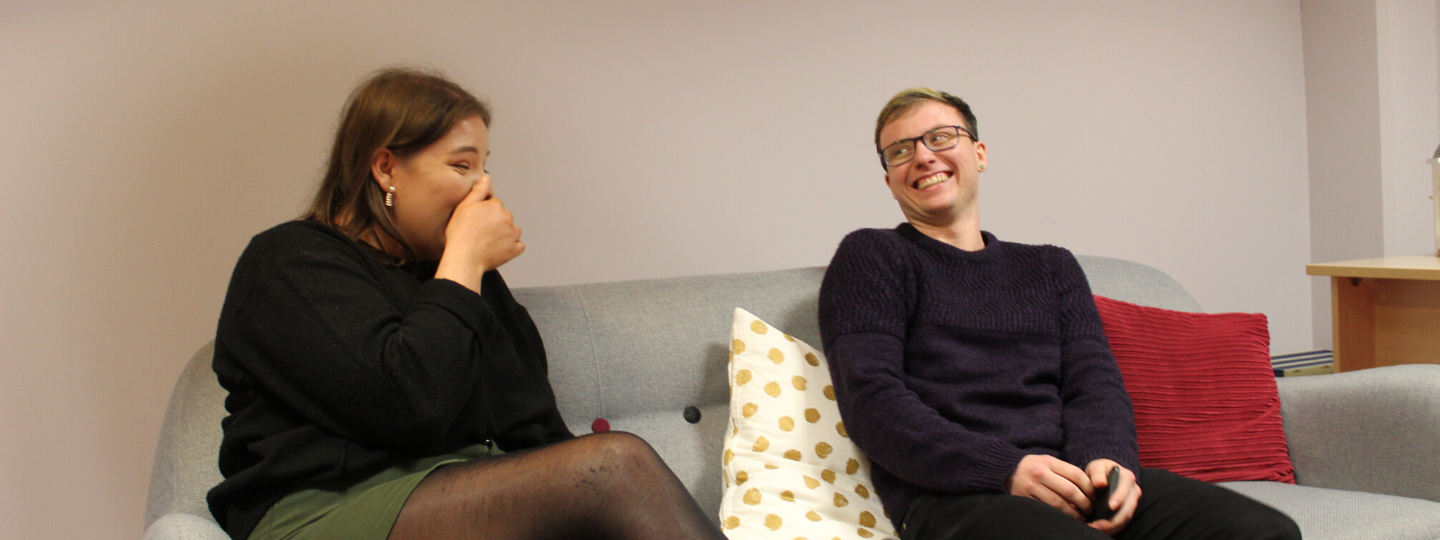How to support your friend’s mental health
How to support your friend’s mental health
Sunday, 03 October 2021
We know that friends turn to each other for support. Friends can often be the first port of call when times are tough.
It can be hard to see friends going through a difficult time and know what you can do for them.
If you’re concerned about a friend
While friendships can change over time, you will probably know if a friend is not acting as they would normally. If you feel something is not right, trust your instinct.
When your friend is feeling down, it is not necessary to focus on what’s ‘wrong’ with them, or a diagnosis. Whatever is going on, they will need your friendship, compassion, patience and understanding.
Things to look out for
Look out for small changes in your friend’s mental health. Have they become irritable or snappy, for example? Perhaps they are avoiding coming out or spending time together.
They may have become more withdrawn or quiet. If any of this rings true with you, it could be time to reach out.

Be there for them
Let your friend know you are there for them if and when they feel ready to talk
How to support your friend's mental health
Let them know you’re concerned about them. Choose a time when you are alone together. Offering support and having it rejected can be hard to take at first, if they’re not ready to open up.
But, respect this and give them their space. Do let them know you are there for them if and when they feel ready to talk.
If a friend wants to open up, the most helpful thing to do is listen. Let them know you understand and will do your best to support them.
Don’t be afraid to ask what they need from you. Think about directing them here to this website, to help them with what they are dealing with.
Sometimes people may need further help for their mental health. If your friend decides they want more support, help them find out about services for over 18’s or under 18’s. Accessing support is your friend’s choice, and they need to make the decision to do it themselves.
Know your limits
When it comes to friendship, your job is to be there as a friend, to talk and listen. You do not need to be a counsellor, or have all the solutions. Be aware of what you feel able to cope with and talk to someone you trust if you need to.
A friend could disclose things that put them at risk, such as self-harm, unhealthy eating patterns or suicidal thoughts. If this happens, don’t try and deal with this on your own. Your friend will most likely need further help and support.
Identify someone you trust and let them know what is going on. This might feel like ‘snitching’ or breaking trust. But your intention is to get the right support for your friend. They should see this in time.
Look after yourself
We can only be there for others if we are in the right head-space ourselves. Pay attention to your own mental health and make time to do the things that make you feel good.
If you need to take a step back from certain friendships for a while, that’s OK. Good friends recognise that friendships ebb and flow at different stages. But hopefully, stand the test of time.






